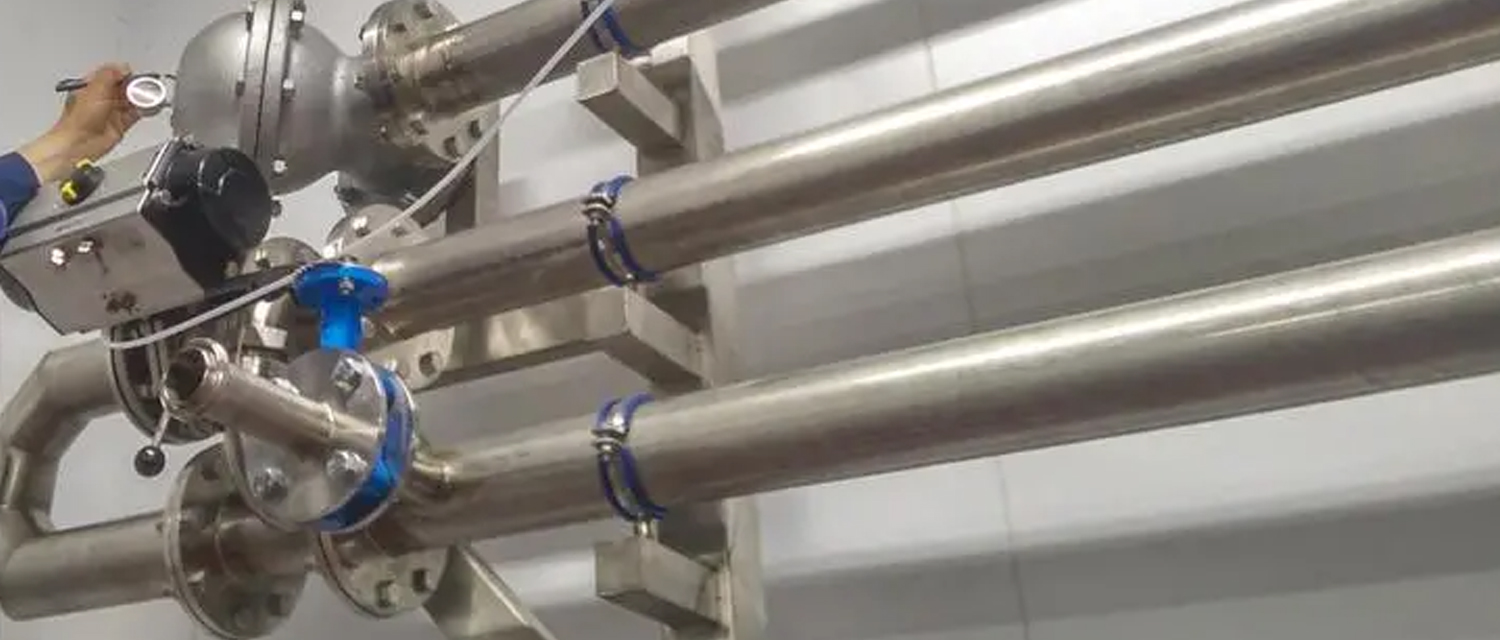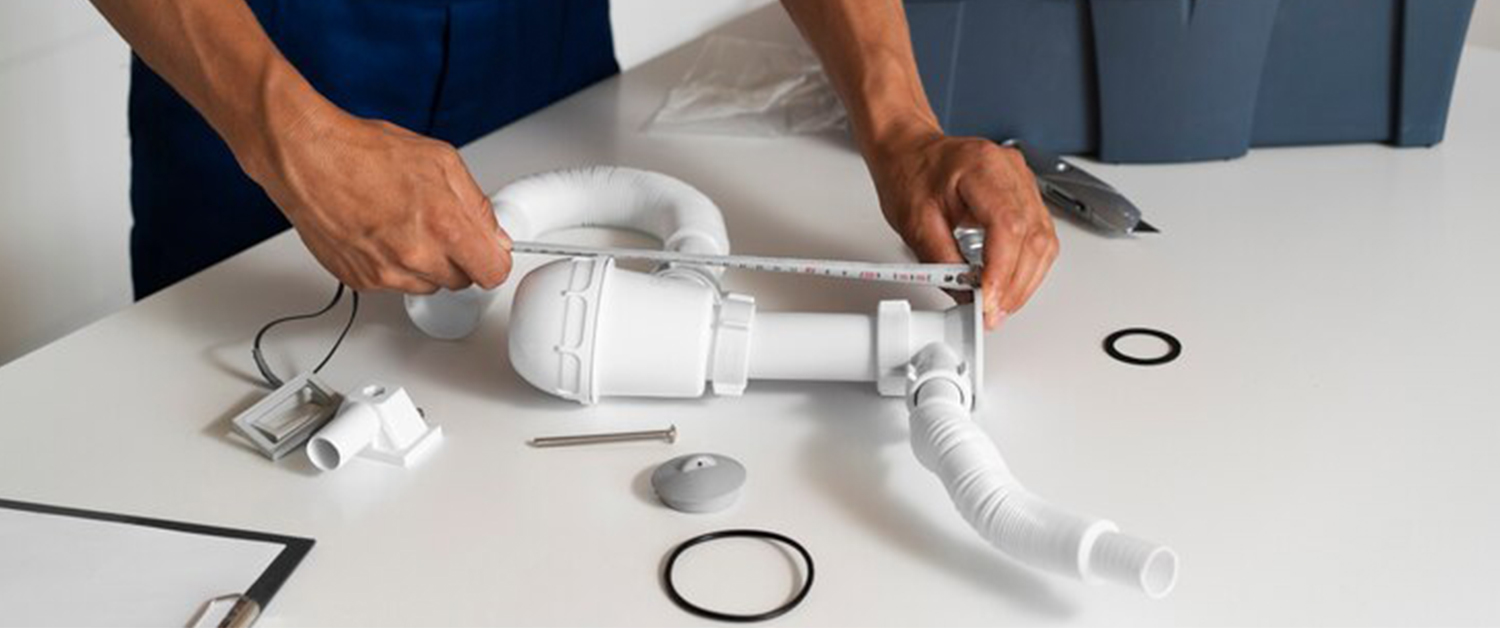Get free quotes within minutes
How To Choose Water Pipes For Plumbing?
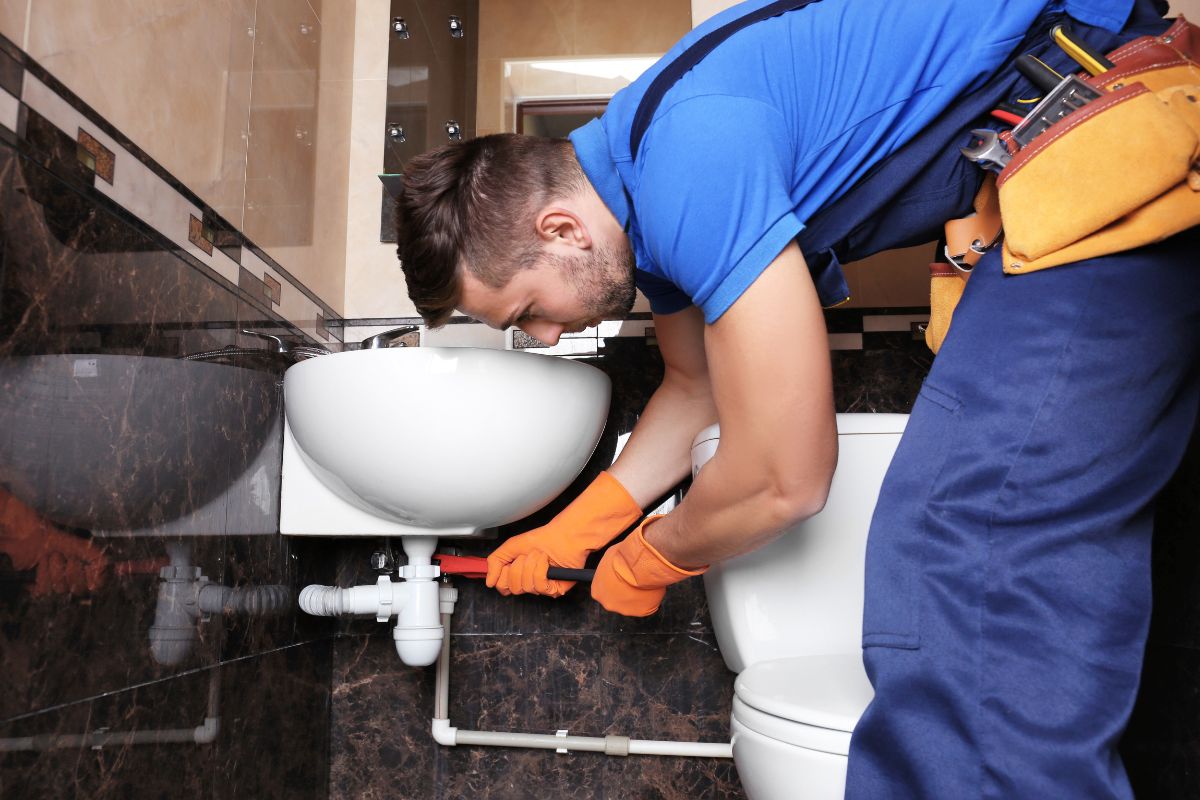
Table Of Content
- Introduction
- Understanding the Importance of Choosing the Right Pipes
- Common Types of Water Pipes for Plumbing
- Factors to Consider When Choosing Water Pipes
- Conclusion
As for the home plumbing, one must carefully choose the type of water pipe since it will affect all main aspects of the water supply including water pressure, durability, safety level of the plumbing system, etc. Just for water pipes, you find that there are so many types of materials to choose from and knowing which one is right for you can be a really big dilemma. To this end, this guide will assist Australian homeowners in easily determining the best water pipes for use in their plumbing systems.
Understanding the Importance of Choosing the Right Pipes
Plumbing is one of those infrastructures in every home that is less seen but most used by every member of the family. If pipes produce noise, we cannot be supplied with clean water, and even wasted water cannot easily flow through our homes. Choosing the right type of water pipes is essential for the following reasons:
- Durability: Most of the lifespan of the plumbing system mainly depends on the type of pipes installed in the system. Some materials, however, remain much more durable in terms of usage and the impacts of external conditions on them.
- Water Quality: Incorrect pipes or pipes that are made from the wrong materials or those that are likely to develop rust and contamination can lead to poor quality of water being supplied to your home. This can affect the health of your family.
- Cost: The cost of acquiring the pipes and the cost of installing the plumbing pipes tend to depend on the material type chosen. However, variables such as maintenance and repair costs over time are equally influential.
- Efficiency: The flow of water through pipes must be seamless and consistent at all times. The nature of the material you use can determine the rate, pressure and effectiveness of the water in your system.
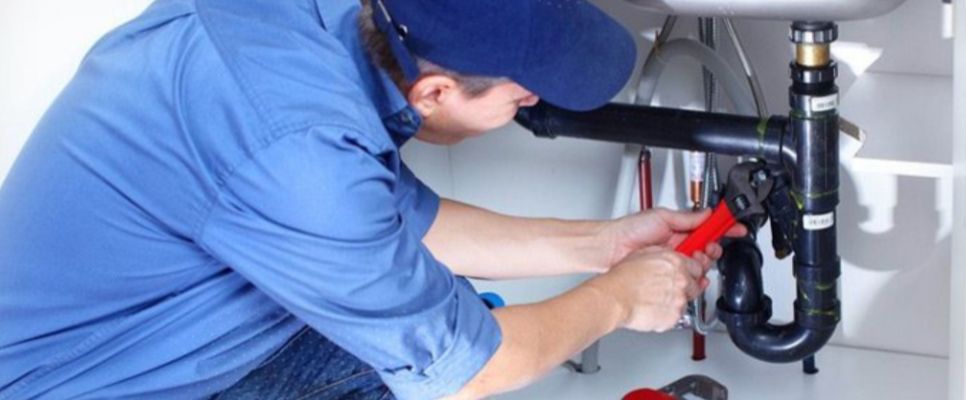
Common Types of Water Pipes for Plumbing
In the process of plumbing for residential places in Australia, different types of water pipes can be installed with their relative advantages and limitations. Knowledge about these choices will assist you in making a decision.
1. Copper Pipes
Copper has been the most commonly used material in plumbing works because of its ability to work well with water without getting corroded. Copper pipes are the most popular and considered the best type of pipes but they also have advantages and drawbacks.
Pros:
- Durability: Copper pipes will also last long; a copper pipe can serve up to 50 years or more depending on the time they were installed and how they are taken care of.
- Corrosion Resistance: Copper is anti-rust which makes it very suitable for locales that have hard water.
- Temperature Resistance: The use of copper pipes is reasonable because this material is resistant to high temperatures which is very important for both hot and cold water supply systems.
Cons:
- Cost: Copper pipes are somewhat costly and this will make the initial cost of installing plumbing to be very high.
- Brittleness: Copper at times loses its ductility and hence it remains vulnerable to failure in conditions, that are characterized by freezing point.
- Piping Size Limitation: Copper pipes are usually available in small sizes which are not so favourable for systems that require large amounts of water.
Best for:
It serves small homes or systems that need high pressure and long life. They are equally suitable for residences situated in regions with poor water quality because the pipe will not easily corrode.
2. Polyethylene (PE) Pipes
Polyethylene or may be commonly known as PE is another common material used in plumbing for the manufacture of plastic pipes. They are as follows: Polyethylene (PE) 80 and Polyethylene (PE) 100 which are commonly used in residential plumbing systems.
Pros:
- Flexibility: In this case, one of the most important advantages of PE pipes is their flexibility. They can also flex and twist through confined spaces that would otherwise complicate installation and drastically increase the time taken.
- Resistance to Corrosion: As it is with copper, the PE pipes do not corrode easily and chemical attack and therefore are suitable for aggressive water areas.
- Cost-Effective: Polyethylene pipes are cheaper than copper pipes, therefore they would be suitable for use where cost is a major factor of consideration.
- Susceptibility to UV Damage: PE pipes will degrade if exposed to UV light, they have therefore to be buried when used outdoors.
- Strength Concerns: Although smooth and resistant to corrosion, their impact strength is lower than the metals, such as Copper or steel and are prone to failure under higher pressures.
Cons:
Best for:
While using PE pipes is a good idea it is ideal for residential areas since the water is not very aggressive and the aim here is to save costs. They are particularly ideal for installation in underground structures and used in systems that do not demand the use of high temperatures.
3. PVC (Polyvinyl Chloride) Pipes
PVC pipes are one of the most familiar plumbing materials that are used in plumbing, especially in drain, waste, and vent systems. They are light, simple to fix and are very strong and last longer in service.
Pros:
- Affordability: The material mainly used in PVC pipes is relatively cheaper than many others available in the market making it easy to be acquired by any homeowner.
- Corrosion and Chemical Resistance: PVC doesn’t corrode, and as a result, is suitable to be used in areas that have high water chlorine levels or those regions that experience salty air.
- Easy Installation: There are certain cost benefits associated with PVC pipes such as relatively low costs of assembling since the pipes are lightweight and can easily be cut and fixed on site.
Cons:
- Temperature Limitations: PVC pipes are not good, especially for hot water systems, as pipes may warp or crack in high temperatures.
- Brittleness: Although PVC is quite strong in normal conditions it becomes somewhat brittle after some time, especially if exposed to UV or freezing conditions.
Best for:
PVC pipes are ideal for normal usage of the pipes such as waste and drain purposes but are not suitable for use in hot water systems. They are widely applied in exterior mounting or in systems where they will be utilized, such as irrigation systems.
4. PEX (Cross-Linked Polyethylene) Pipes
PEX plumbing pipes have gained widespread acceptance in the residential construction industry, especially as new pipe installation technology has made it easier and more efficient to implement. These flexible plastic pipes are considered to be between polyethylene and other materials and have better response.
Pros:
- Flexibility: These PEX pipes are more flexible than regular metal pipes because they can easily bend at corners and other obstacles without having to use so many fittings.
- Corrosion Resistance: PEX does not corrode like metal pipes that always rust after some use.
- Low Freezing Risk: PEX pipes tend to withstand cold temperatures better than rigid plastic or metal pipes tend to burst.
Cons:
- UV Sensitivity: Unfortunately, PEX is also affected by UV light and as such cannot be used in outdoor projects if exposed to the elements.
- Limited Hot Water Capacity: PEX is higher in hot water systems compared to PVC, however, it is not as high as copper in terms of temperature.
Best for:
PEX is widely used in interior plumbing because it is flexible and can be shaped to fit different areas with no problem, or else when it comes to retrofitting and renovations. It is ideal to be used in homes that experience low temperatures since it has a very strong tolerance to freezing.
5. Galvanised Steel Pipes
Galvanised steel pipes were traditionally used in plumbing but are not very common today because they corrode easily and accumulate mineral deposits.
Pros:
- Strength: This pipe material is very good due to its strength and sturdiness for structural purposes.
- Longevity: Galvanised steel pipes are long-serving pipes that can serve a facility for several decades provided they receive adequate maintenance.
Cons:
- Corrosion: After some time the zinc layer depends on the steel pipe and rust and corrosion become evident, especially where the water is hard.
- Reduced Water Flow: Internal resins and mineral buildup on the outer side of the galvanised pipes reduce the flow rate and water pressure.
- High Maintenance: They are more complex and will in some time start rusting and will therefore need to be replaced.
Best for:
Galvanised steel pipes are now virtually absent in new constructions, but they may be present in older residential buildings. Therefore if you have problems with these pipes, it is advisable to upgrade your facility with more modern pipes.
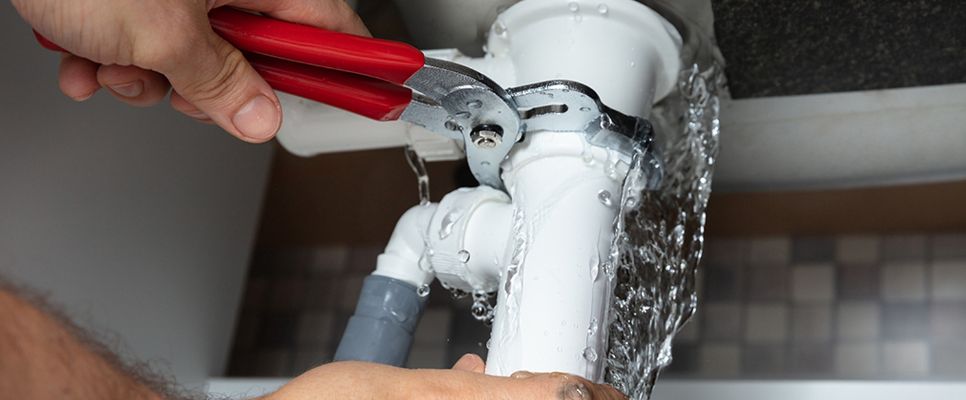
Factors to Consider When Choosing Water Pipes
Apart from the variety of water pipes, other factors determine which pipelines to use on your plumbing system. Here’s what you need to consider:
- Water Quality:
Water quality also is a major factor when it comes to deciding which material is best for plumbing in your home. For example, homes that have hard water, that is, high in minerals such as calcium and magnesium, will call for pipes that are more corrosion resistant, such as copper or PEX. On the other hand, softer water can be handled using PVC or PE pipes. - Cost:
This is the case for the finite and recurring cost because what has been established is the initial outlay must be evaluated in conjunction with the costly endeavour of maintaining the equipment in the long run. While copper pipes are costly in the beginning they prove beneficial in the longer run because they can last a lifetime provided they are looked after properly while pipes like PVC or PE are likely to get damaged or burst and will certainly need replacement/repair very soon. - Climate and Temperature Conditions:
Different parts of the region have different climates; thus, the experience must be taken into consideration when selecting plumbing pipes in Australia. Buildings in areas with very low temperatures should not use materials like PVC or copper since they expand when they come into contact with cold weather. On the other hand, the area that experiences high temperatures requires heat-tolerant pipes such as copper or PEX. - Installation Ease:
Installation difficulties of pipework may vary depending on pipe material, for instance, PEX and PVC pipeworks are quite easy to install compared to pipework that needs the use of special skills and equipment. If you are looking to do it yourself, or, you want to install the pipes faster or cheaper, then flexible pipes such as PEX or PE are most suitable. - Environmental Impact:
As sustainability awareness rises in Australia, more and more homeowners embrace the use of environment-friendly plumbing services. Both PEX and PE are reusable substances and their recycling ratio is comparatively higher than the metals, for example, copper.
Conclusion: Choosing the Right Water Pipe for Your Home
It cannot be overemphasized that selecting a water pipe for your plumbing system is not always a generalized decision. They include water quality, climate conditions, budget and how easy it is to install the machine. Most of these materials have their own merits and demerits, and thus to arrive at the most appropriate material to use when constructing a house one has to consider some factors.
Common buildup over time takes over and significant deposits form, which requires the services of a professional plumber in Australia who is conversant with the water quality to give appropriate advice on what material to use. By choosing the right one, the plumbing that is put into place will work well, safely and last for many years. Based on this, it is easy to select the right water pipes that will suit your home and use them without any problems in later years.
YOU MIGHT ALSO BE INTERESTED IN
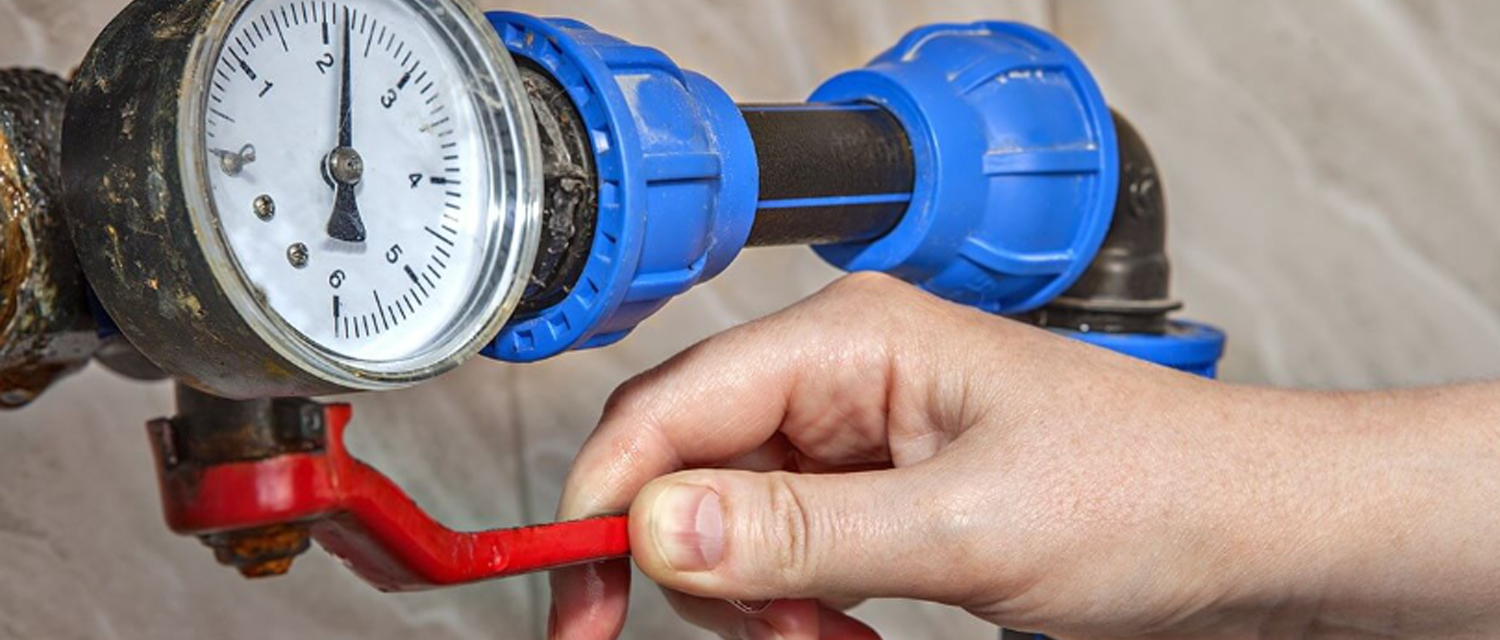
How To Turn Off Your Water Supply In The House - 5 Plumbing Tips
Plumber Related Categories
- Drain Repairer
- Leaking Shower Repair
- Mixer Tap Installation & Repair
- Toilet Repair Plumber
- Drain Installer
- Leak Detection Service
- Grey Water Plumber
- Blocked Drain Plumber
- Hot Water Plumber
- Home Renovation Plumber
- Hot Water Unit Repair Plumber
- New Home Plumber
- Roof Plumber
- Backflow Testing and Prevention







